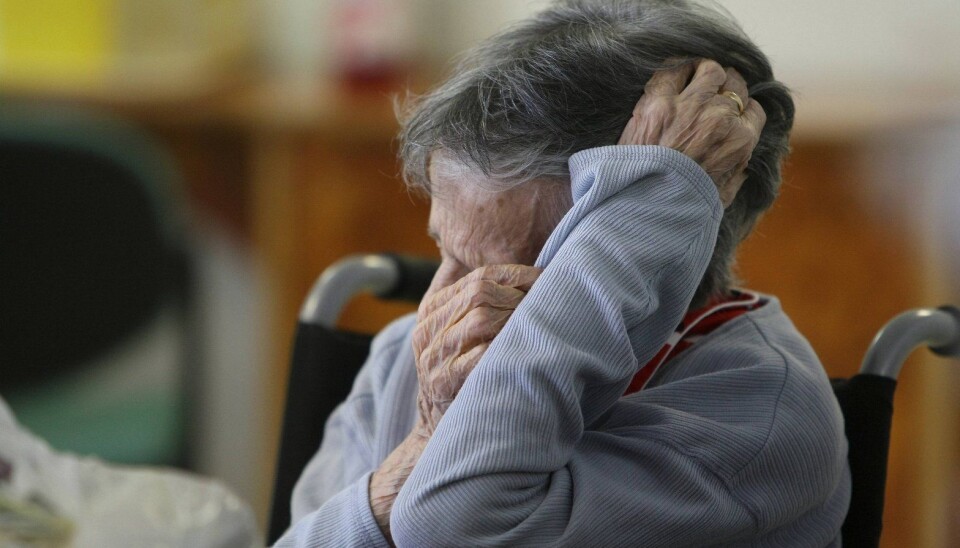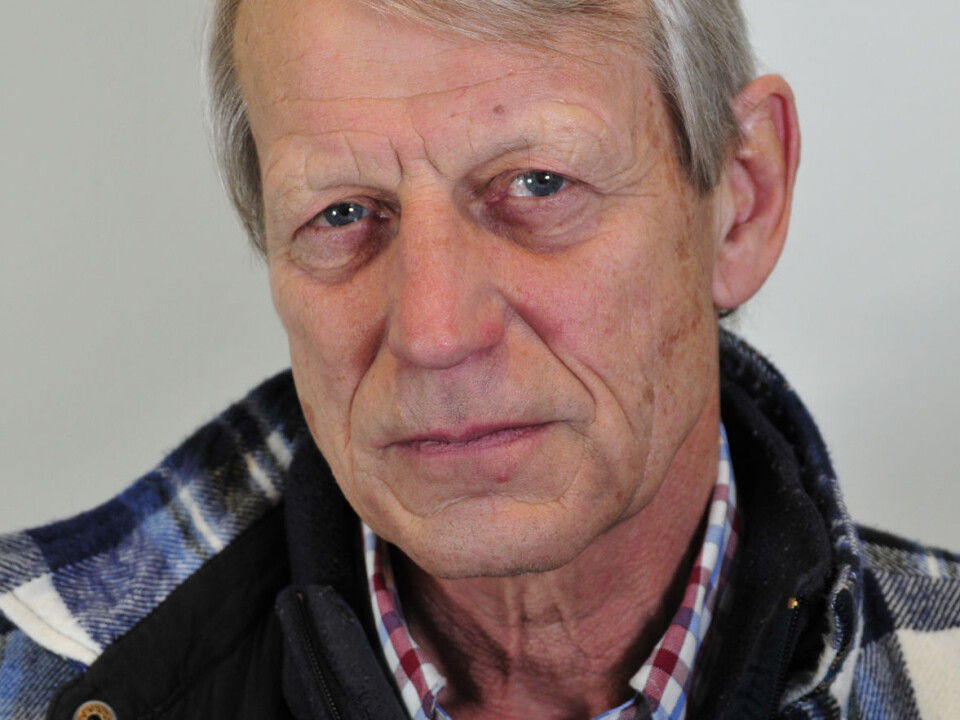
Stay in control or display emotions?
Different cultures express emotions in various manners. Indonesians and Norwegians, for example, grieve in very different ways.
Denne artikkelen er over ti år gammel og kan inneholde utdatert informasjon.
Place, culture and relationship all affect how we express our feelings.
“There’s no set answer regarding how much adults should control their emotions,” says Harald Beyer Broch, a professor in social anthropology at the University of Oslo. “Some people keep a tight control and others are less constrained.”
You don’t need to travel far before encountering cultural differences.
“We often choose to operate in a controlled way at work and give our emotions freer rein at home, for instance with our spouse," says Beyer Broch.

How we express our emotions can vary with social context, or with national and cultural background.
Balance and harmony
“Cultural norms guide emotional behaviour to a great degree,” says Beyer Broch.
For instance in Indonesia it’s crucial that you refrain from displaying your feelings in public – neither positive nor negative emotions are appropriate.
Culture and religion stress the importance of maintaining balance and harmony − emotional outbreaks disturb these. The dominant religion in Indonesia is Islam. But traditional tribal religions still exist, and the professor thinks they are influential on expression of different emotions.
In a big city like Oslo you can have your feelings to yourself and people who see you have no idea what you’re going through.
“Expressing envy, for example, is disharmonic. In the tribal traditions this displeases the gods,” he says.
In many local Indonesian societies, displaying anger openly is also frowned upon.
“People believe that strong emotions can harm your health so they do what they can to stay even-keeled and act pleasantly,” he explains. “In Norway we focus on the need for people to let out some of their aggression and refrain from stifling their feelings.
Professional mourners or therapy groups
The professor isn’t sure which is the best way to tackle feelings.
“When someone dies in Indonesia, people are just as saddened as we are in Norway. But there they have professional mourners who cry hysterically for a certain period. When that’s over, it’s over. No more discussion,” he says.
“Here in the North we have discussion or therapy groups and hash things out forever.”
Even though we might say our way of doing things is better, the methods in Indonesia are also based on experience and they see that these work.
“So you might wonder which method is really better,” he says.
He thinks the answer could be that various methods function best in the locations where they’re used.
In rural Indonesian communities everyone shares in the grief when someone dies. Everyone is aware of what has happened and all of them had a relationship with the deceased.
“In a big city like Oslo you can have your feelings to yourself and people who see you have no idea what you’re going through. This could be a factor that makes therapeutic groups useful,” says Beyer Broch.
Translated by: Glenn Ostling
































